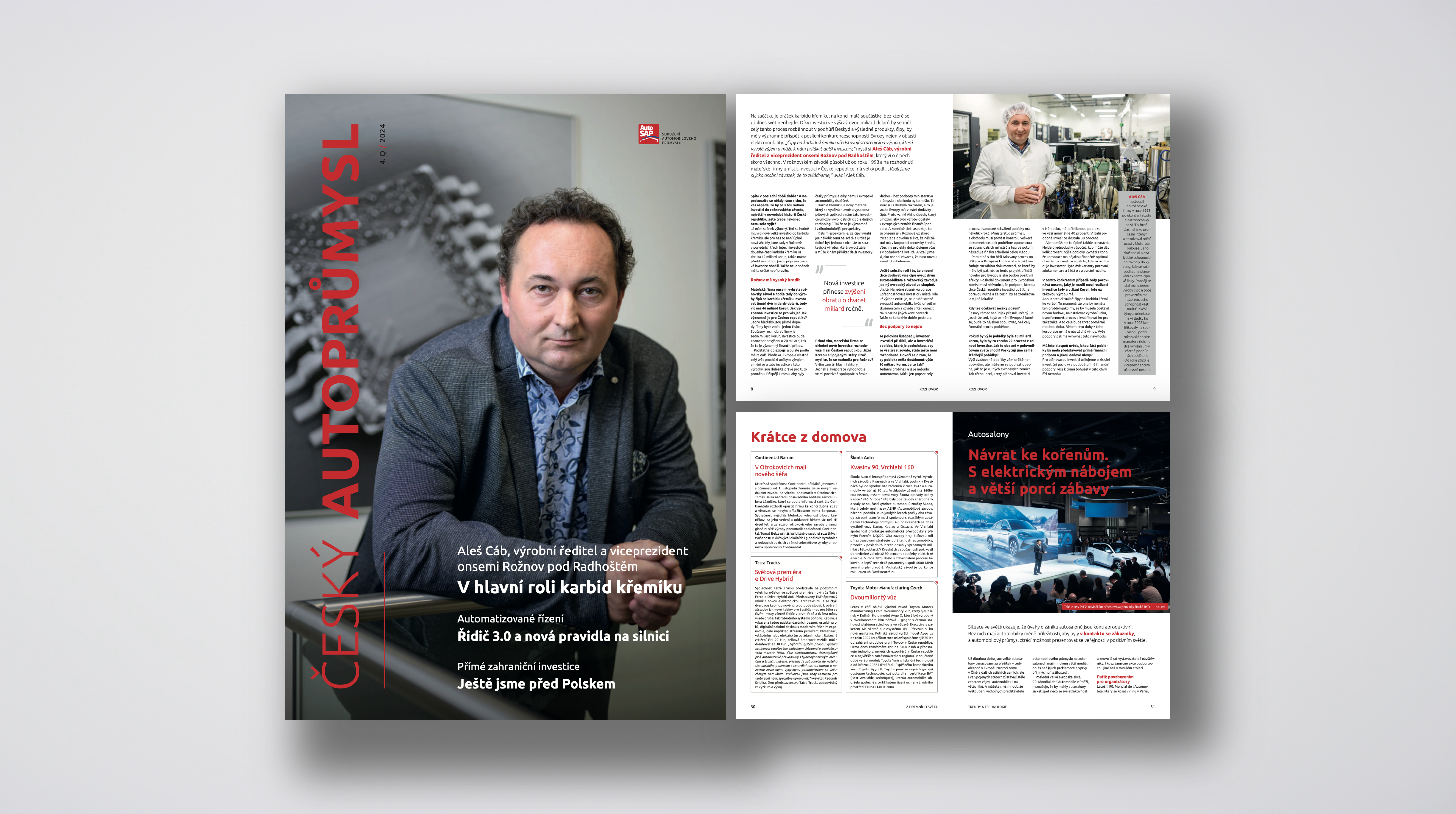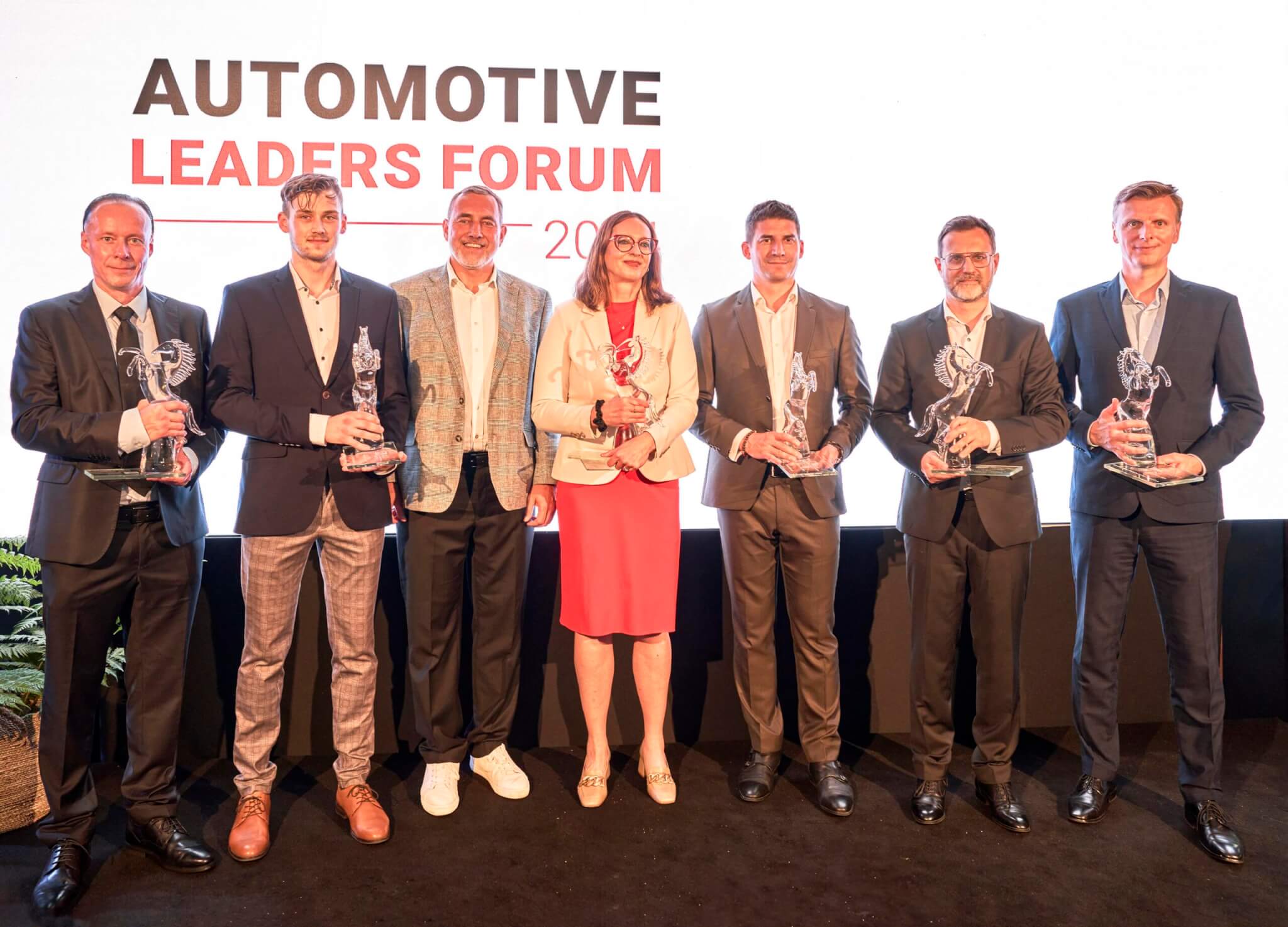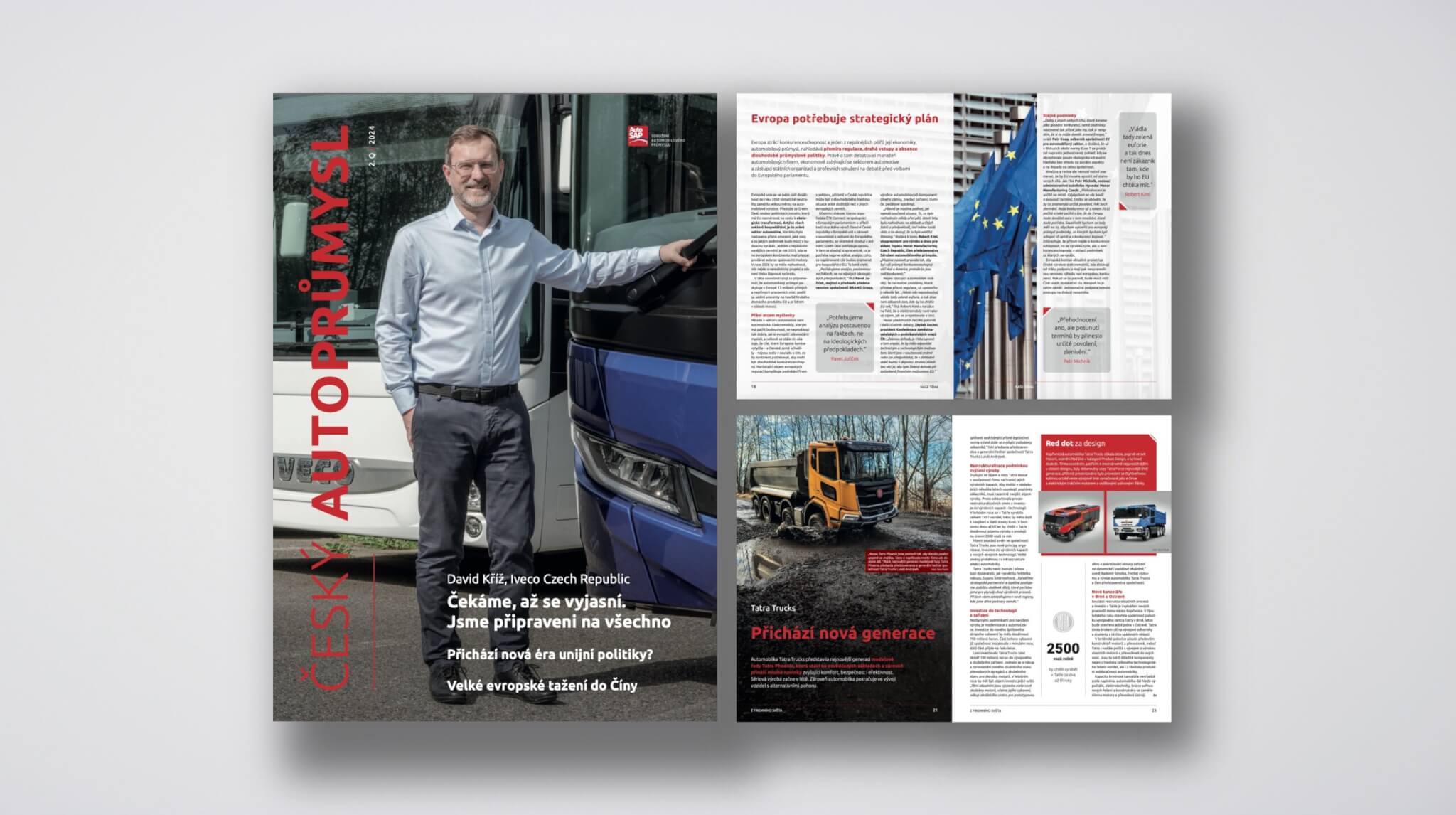This time, we devoted most of the space to artificial intelligence. It seems to be the buzzword of this year. However, the Czech auto industry doesn’t go over the surface, we don’t discuss whether AI is a helper for the sub-par and a killer of creativity. The future will answer that. We’ve bounced back from the AI Act, the European regulation on artificial intelligence that will come into full effect in 2026. However, some rules are already in place and all companies using AI should familiarise themselves with the new regulation. A survey of companies revealed that AI is something they already work with in both manufacturing and administration. However, most of them have not yet studied the new legislation.
The AI Act is still the result of the past leadership of the European Commission and the European Parliament. Now new MEPs have taken their seats in Brussels and Strasbourg and their performance as a whole is still a big unknown. Here is an overview of what will happen in the European structures in the coming weeks and months.
And now the control question: What do the Japanese Toyota and the Chinese auto-mobiles have in common? If you don’t know, you’ll know after you’ve read the interview with Robert Kiml, the first Czech president of Toyota Cologne, and then the text on how the Chinese carmakers are going about electromobility. In both cases, hybrids are the main focus today. Toyota is relying on them as an intermediate step towards emission-free mobility, and they are also making a big splash in Chinese car companies. And it wouldn’t be the Chinese if they didn’t keep setting new records, especially in terms of “electric” range.
Robert Kiml, among others, says that instead of imposing tariffs on Chinese cars, Europe should also support its car industry – not by subsidies for customers, but by supporting technology. Let’s add that Toyota is doing well in the Czech Republic and that he believes that eventually it will be the Czech factory that will produce the brand’s pure battery European electric car alongside hybrids.
This is by no means the end of all the positive information in this issue, but let’s be realistic: times are extremely complicated and the automotive industry is not experiencing its best times. The uncertainty surrounding the next five-year term of the European institutions and the EU’s ambitious plans, growing Chinese competition and, more recently, potential geopolitical threats all pose major challenges and could bring a whole new order to the global car industry. For the Czech car industry and the Czech economy as a whole, the risks are all the greater because our western neighbour, our biggest trading partner, is getting sicker. As can be seen from a great analysis, which is also presented in the current Czech Auto Industry, the German locomotive has lost steam. Read how serious this is.
May the September Czech Car Industry be your pleasant companion.







